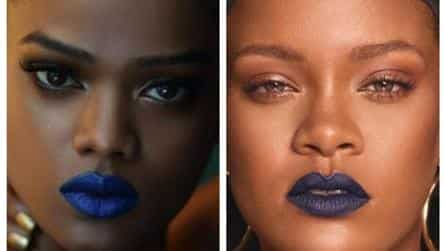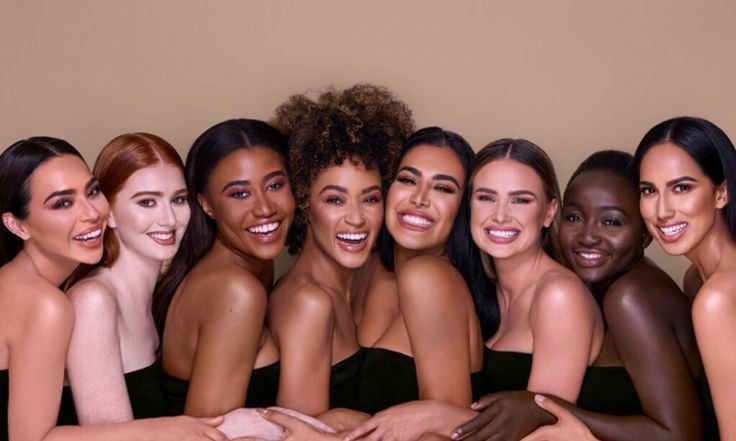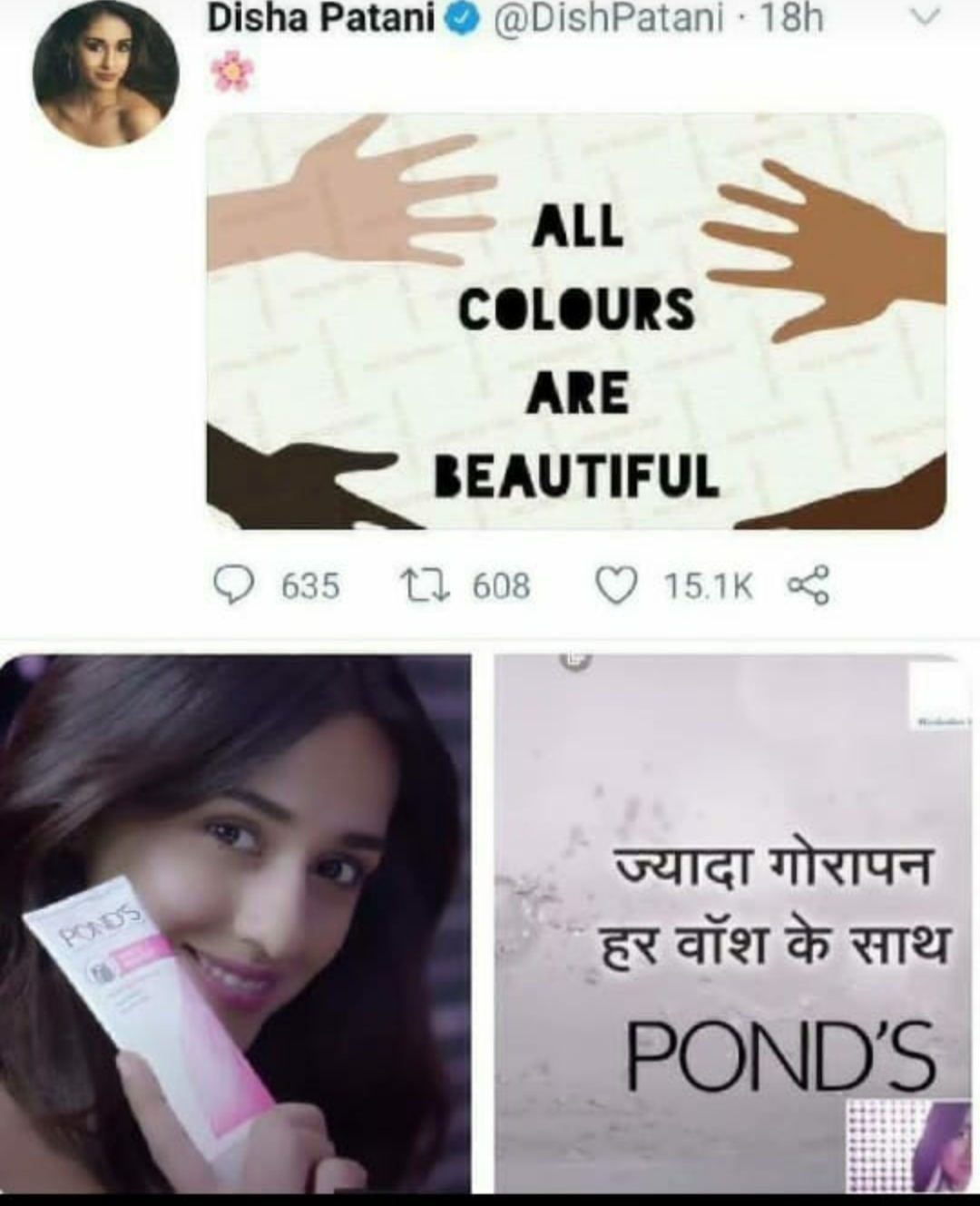On May 25, Geroge Floyd, a black man was murdered by a white police officer. This set of a chain of events that led protests and demonstrations all around the world, unrest in various parts of the United States of America and banning of numerous goods and products.
Hindustan Unilever decided to alter the name “Fair and Lovely.
“We are fully committed to having a global portfolio of skincare brands that is inclusive and cares for all skin tones, celebrating greater diversity of beauty. We recognise that the use of the words ‘fair’, ‘white’ and ‘light’ suggest a singular ideal of beauty that we don’t think is right, and we want to address this,” said Sunny Jain, President, Beauty & Personal Care, Unilever, in a statement.
“Advertisements and products that we put on the shelf play a huge role in endorsing the bias… The rebranding and dropping of products will help in ending colourism,” said the Chennai-based founder of Women of Worth, a non-profit organisation.
Shaadi.com a matrimonial website dropped the skin filter with backlashing from several netizens. Fair cannot always be lovely but fair and lovely is a 1975 product. The skin lightening cream needed an incident so barbarous to realise the racist notion that has permeated every aspect of Indian society.
Approximately 80 per cent of the Indian skin lightening market is acquired by Fair and Lovely. The targeted consumers were of the age 18 and above however, reports show that girls as young as 12 use this cream.
Whether it is a film song “gorey gorey gaalo pe hai kala kala til” for every wedding dance or the “Buri Nazar wale tera muh kala” phrase written at the back of every truck and autorickshaws or an advertisement for a face wash “kya aapka gorapan kahi kho gaya hai” even a wicked spirit in India has been fastened with the colour black. The Hindi version of evil spirit has been assigned the name “kala saya”, a pregnant lady needs to eat “banana taaki baccha Gora paida ho” (so the child is born fair).

Celebrities endorsing beauty products that reverberate the inkling of white skin being equivalent of beauty posted about all colours being beautiful. Many social media users backlashed numerous actresses on being the brand ambassador of beauty products while simultaneously supporting black lives matter movement.
If you sit and ponder, the little jests and sayings, you’ll realise that every joke is backed with racist, homophobic, islamophobic, sexist or mental health stigma. These little phrases and sayings are what formulate the long way inequality and disparity for certain communities or disorders.
The Indian Rihanna, Renee Kujur, is a lesser-known model. When she was merely three-year-old, she took part in a fancy dress competition at her school. Being a black-skinned girl, she wore the ordinary white dress of a fairy. When she went to the podium, everyone started laughing and mocking at her. After the competition ended, from that day on she was called “black-fairy” by her classmates.

Yes, what happened to George Floyd was wrong and needed the demonstrations and mass support. Yes, people used his death to increase their popularity. However, colourism has been a part of every aspect of our society since a long time. We have mocked the blacks of countries as “West Indians”, “Caribbean”, “Sudanese” or not to go far, as “Biharis.” Yes, a joke is more than just a joke. It is a reflection of what is considered insignificant and unequal in the eyes of society.
It becomes precise and clear that the idea of white beauty is fabricated by society. We are a part of that society. If celebrities promoted beauty products, we made them number one. If singers praised about the whiteness of a woman, we made those songs super hit. If racism was a part of Indian society we laughed at it with our racist Bihari jokes. And that explains why a change in the name of a beauty product needed murder of a black man.
[zombify_post]





